PROTECTING MARINE ANIMALS IN THE MEDITERRANEAN SEA
Why is it IMPORTANT?
«Guarantee the POSITIVE CONSERVATION STATUS OF MARINE MAMMALS by protecting them and their habitat from the DIRECT OR INDIRECT NEGATIVE IMPACTS OF ANTHROPOGENIC ACTIVITIES»
(art.4 of the Pelagos Agreement of 25 November 1999)
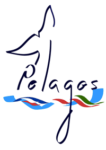
AREA COVERING 87,500 km
Officially in force since 21 February 2002
-
 France
France
-
 Monaco
Monaco
-
 Italia
Italia
Why was IS NECESSARY?
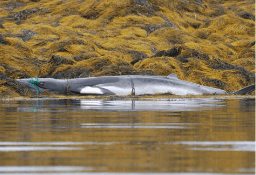
BY-CATCHES
Drift gillnets decimating dolphin and young whale populations.
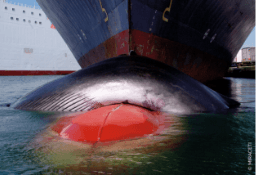
HEAVY MARITIME TRAFFIC
Frequent collisions between commercial vessels and large cetaceans.
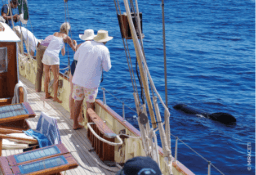
WHALE WATCHING STRESS
This uncontrolled commercial tourist activity disturbing cetaceans.
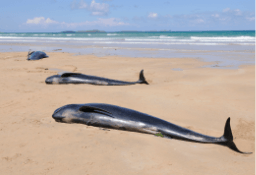
VARIOUS TYPES OF POLLUTION
Plastic, oil and noise pollution causing high mortality and strandings along our coastlines.
SPERM WHALE
A CETACEAN AT THE HEART OF THE PELAGOS SANCTUARY
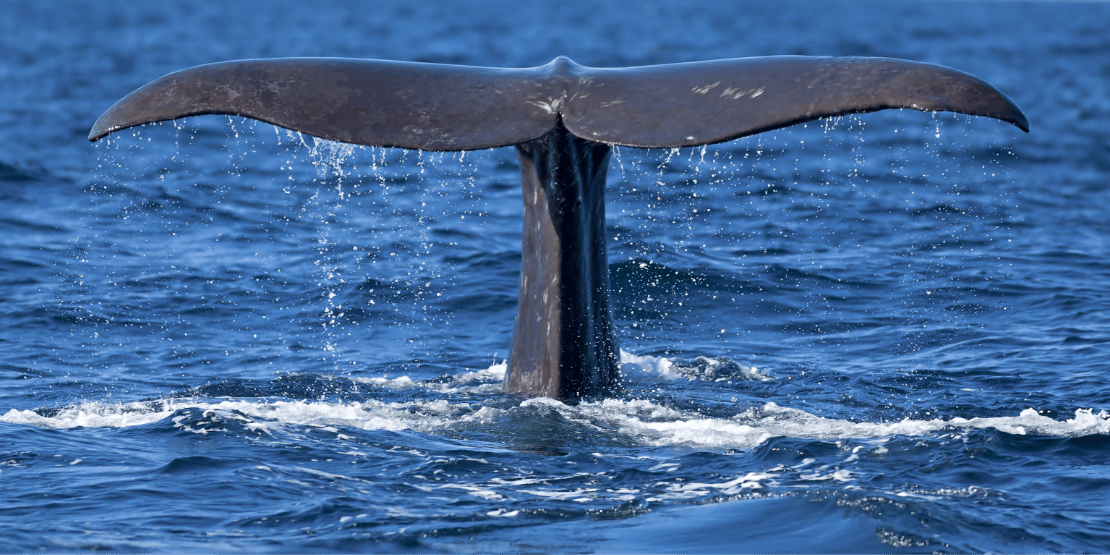
This large marine mammal measures up to 18 m long and can weigh 40 tonnes, making it one of the largest toothed whales (odontocetes). The undisputed kings of freediving, they can dive down to more to than 2,000 m and stay underwater for over an hour. Their extraordinary abilities enable them to reach the very deep waters of the ocean where they capture giant squid and large fish. New-borns have been observed in the Mediterranean in all seasons. Sperm whales can live to the age of eighty.




